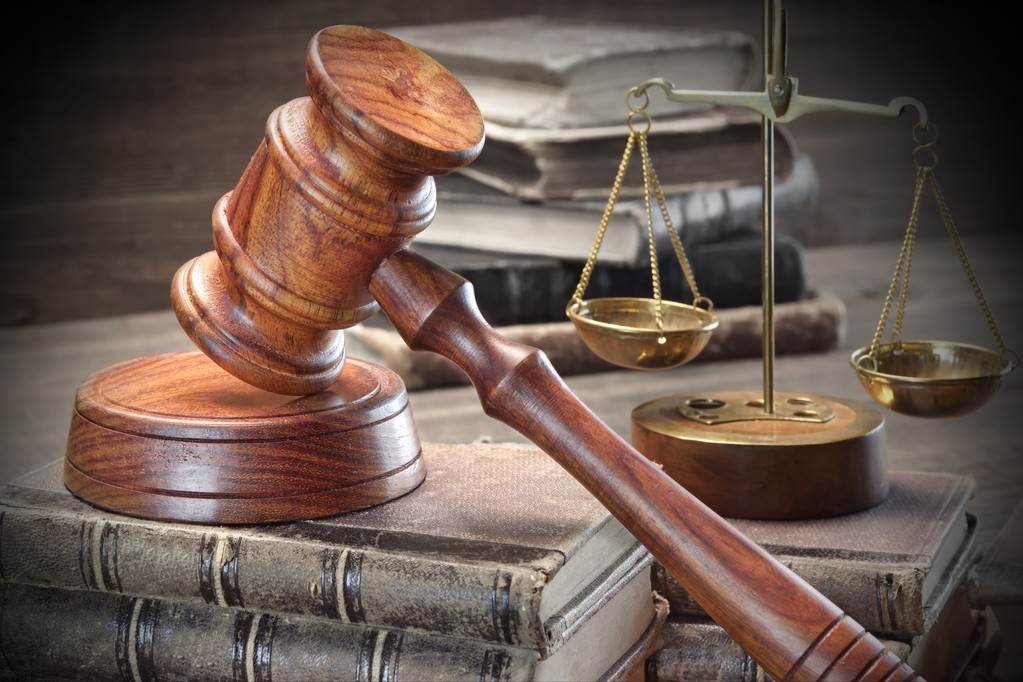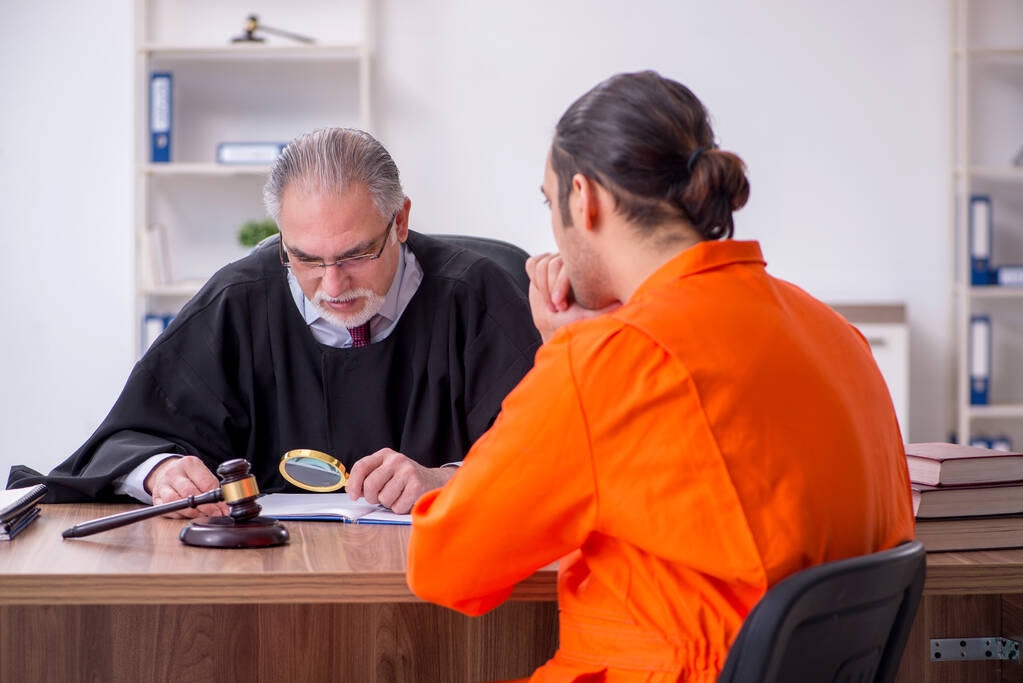In the realm of criminal law, felonies are serious offenses that carry severe penalties, including significant fines and lengthy prison sentences. When charged with a felony, individuals face a daunting legal battle that can have life-altering consequences. In such situations, the presence of a skilled and experienced felony criminal defense attorney becomes paramount.

This article delves into the role and importance of a felony criminal defense attorney, exploring their expertise, responsibilities, and the impact they can have on a defendant’s case.
- Expertise and Legal Knowledge
Felony criminal defense attorneys specialize in defending clients accused of serious crimes, such as murder, rape, armed robbery, drug trafficking, and white-collar offenses. They possess in-depth knowledge of criminal law, procedural rules, and legal strategies specific to felony cases. With their expertise, they can navigate complex legal frameworks, assess evidence, and develop persuasive arguments to protect their client’s rights and interests.
- Legal Representation and Advocacy
One of the primary roles of a felony criminal defense attorney is to provide legal representation and advocacy for their clients. They act as a shield between the accused and the prosecution, ensuring that their client’s constitutional rights are upheld throughout the legal process. Attorneys investigate the case, interview witnesses, review evidence, and gather information to build a robust defense strategy tailored to the unique circumstances of each case.
- Case Evaluation and Strategy Development
A felony criminal defense attorney meticulously evaluates the charges brought against their client and the evidence presented by the prosecution. They scrutinize police reports, witness statements, forensic evidence, and any other relevant information. Through this comprehensive analysis, attorneys identify potential weaknesses in the prosecution’s case, inconsistencies in witness statements, or violations of the defendant’s rights. Based on their findings, they strategize the best approach to achieve the most favorable outcome for their client, whether through negotiation, plea bargaining, or trial.
- Protecting Defendants’ Rights
The U.S. Constitution guarantees several rights to individuals accused of crimes, including the right to a fair trial, the presumption of innocence, and protection against self-incrimination. A felony criminal defense attorney plays a crucial role in safeguarding these fundamental rights. They ensure that their clients are treated fairly, that proper legal procedures are followed, and that their constitutional rights are not violated during arrest, interrogation, or trial. Attorneys also shield their clients from coercive tactics by law enforcement and advocate for the exclusion of illegally obtained evidence.
- Negotiating Plea Bargains
In some cases, a felony criminal defense attorney may negotiate a plea bargain with the prosecution. A plea bargain involves an agreement between the defendant and the prosecution, usually resulting in reduced charges or lesser penalties in exchange for the defendant’s guilty plea. Attorneys evaluate the strength of the prosecution’s case, consider potential defenses, and advise their clients on the benefits and drawbacks of accepting a plea bargain. They negotiate with prosecutors to secure the most favorable terms for their clients, ensuring that the agreement aligns with the defendant’s best interests.

- Trial Representation
If a felony case proceeds to trial, a skilled defense attorney becomes the defendant’s chief advocate in the courtroom. Attorneys employ their legal knowledge, strategic acumen, and persuasive skills to challenge the prosecution’s case, cross-examine witnesses, introduce evidence, and present a strong defense. They construct a compelling narrative, expose inconsistencies in witness testimony, and seek to create reasonable doubt in the minds of the jurors. Attorneys may also engage expert witnesses to provide specialized knowledge or opinions that support the defense’s position.
- Post-Conviction Assistance
In the unfortunate event of a conviction, a felony criminal defense attorney continues to assist their client during the post-conviction stage.
Learn more at Wiki as well.